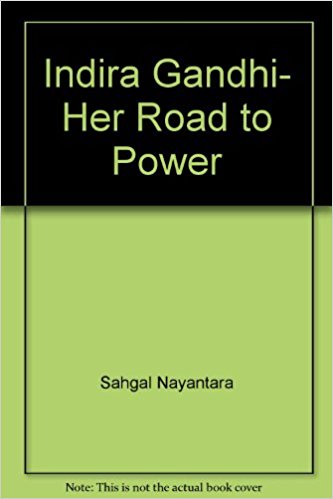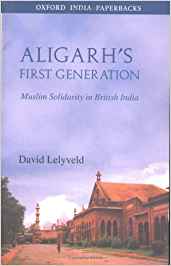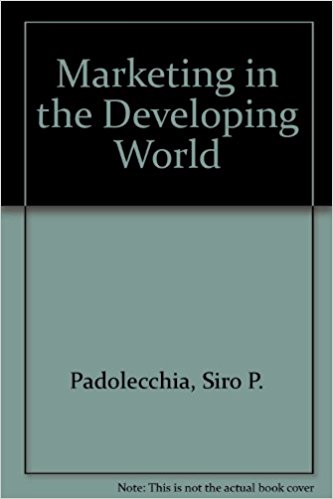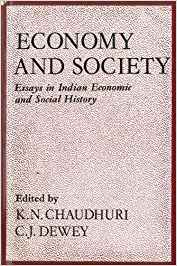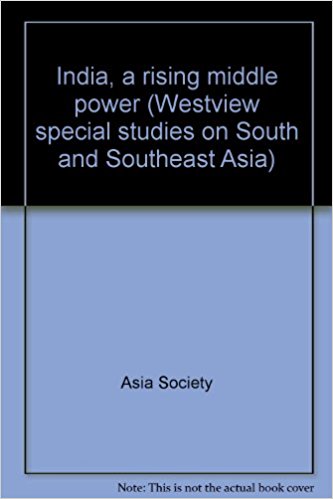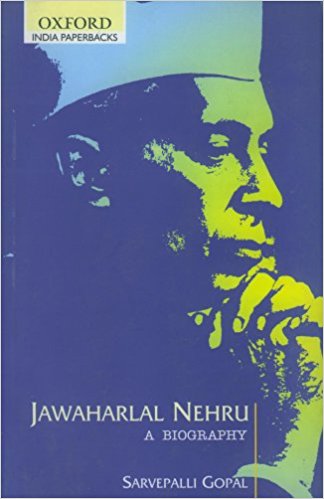The quickies are upon us again. The post-election deluge (post-1977 election, that is, when the profitable and chic publishing fashion really started) is now being followed up with a pre-election deluge (pre-1980 election, that is). This is the second set in what will, in true Ladies’ Singles fashion, hopefully be a best of three sets match.
Archives
Nov-Dec 1979 . VOLUME 4, NUMBER 3The book is not a mere addition to the much discussed topic of Britain’s responsibility towards India and India’s response to it as well as her reaction. Nor is it a mere narration of the emergence and growth of a political party. Indian National Congress Versus British presents a factual analysis of how an all powerful alien government and a national political party fought their elaborate battle over six decades.
Arya Dharma by Kenneth Jones was the first serious historical study of the Arya Samaj movement. Now Jordens complements Jones’s work by providing a comprehensive historical account of the life and ideas of Dayanand Saraswati.
The undivided Bengal with its Muslim majority had a Muslim problem which was not exactly the same as the Muslim problem of another Muslim majority province of the pre-Partition days, the Punjab; in fact, the Punjab’s was more a problem of the sense of insecurity felt by its Hindus.
In the twenties and thirties, and up to 1942, the South, and for a time the Central Assembly under British rule, reverberated with the voice of Satyamurti, patriot, orator, parliamentarian par excellence.
The popular adage ‘appearances are deceptive’ applies aptly to these first two volumes of the proposed ten volumes of the off-beat autobiographical writings of Ashk, the Hindi novelist, playwright, critic, poet and publisher.
1979
Contemporary criticism of Indo-English poetry continues to harp on its favourite themes: the alien idiom and Indian sensibility, self consciousness of the poet, lack of a sense of humour, lack of an integrity of experience and social consciousness and so on.
The marketing function has been fully exploited in mulch of the developed western world. In the less developed countries the role of marketing is yet to be adequately appreciated. This is a natural consequence of the fact that in less developed countries the main problem is to create surpluses over…
This book deals with the environmental implications of an economy based on the exploitation of non-renewable mineral resources and fossil fuels. It purports to establish that a viable world economic order requires drastic changes in life styles, strict population control and a switch to non-renewable resources…
1979
This volume is the by-product of a conference held in Cambridge in 1975, whose object was to bring together younger historians of the economic and social history of South Asia, i.e. those who began their research work in the sixties and seventies. The conference had no specific theme…
This volume consists of the proceedings of a conference on India sponsored by the Asia Society in New York and held in September 1977. The organizers of the conference were two US AID officials, Arthur Gardiner, Jr. and John Mellor, assisted by Marshall Bouton (now in the U.S. Embassy in New Delhi) and Philip Oldenburg of the Asia Society. The objective, as stated by Mellor in the preface, was to re-examine ‘U.S.
The study of social movements by sociologists is comparatively a recent phenomenon. In Indian sociology, this research trend began to take a shape during the sixties, when agrarian, tribal, backward class and Naxalite movements etc., increasingly received the attention of sociologists. M.S.A. Rao’s book Social Movements and Social Transformation…
When the first volume of Dr. Sarvepalli Gapal’s life of Jawaharlal Nehru appeared three years ago, there was a definitional dispute on whether it was a biography or a history. The Sahitya Akademi settled it by citing the author and the book for one of its awards.

